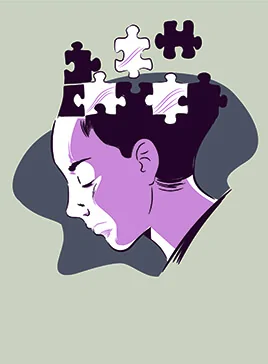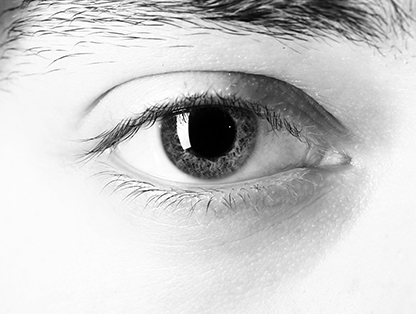1. I am socially inept and socially undesirable in work or social situations.
2. Other people are potentially critical, indifferent, demeaning, or rejecting.
3. I cannot tolerate unpleasant feelings.
4. If people get close to me, they will discover the “real” me and reject me.
5. Being exposed as inferior or inadequate will be intolerable.
6. I should avoid unpleasant situations at all cost.
7. If I feel or think something unpleasant, I should try to wipe it out or distract myself (for example, think of something else, have a drink, take a drug, or watch television).
8. I should avoid situations in which I attract attention, or be as inconspicuous as possible.
9. Unpleasant feelings will escalate and get out of control.
10. If others criticize me, they must be right.















